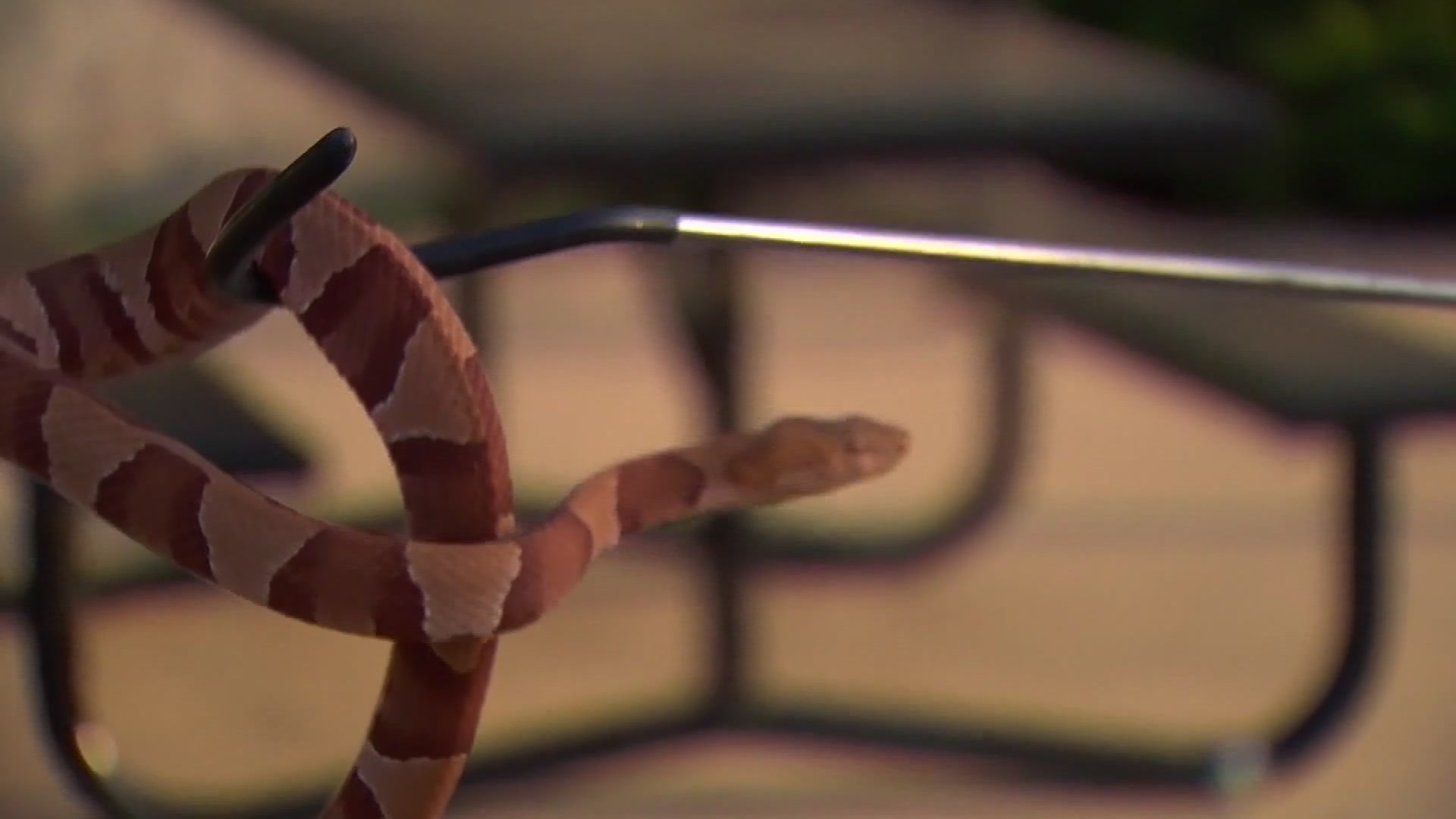Researchers at the University of Texas at Dallas have developed a sensor that may revolutionize diabetes management.
They've developed a wearable diagnostic tool that measures three diabetes-related compounds in microscopic amounts of perspiration.
"This is how the sensor looks. It looks like a small patch," explained Dr. Shalini Prasad, professor of bio-engineering in the Erik Jonsson School of Engineering and Computer Science.
The bio-sensor can detect blood glucose levels, as well as cortisol and interleukin-6, in perspired sweat for up to a week without loss of signal integrity.
Unlike other similar technology, Prasad said, the bio-sensor uses ambient sweat, or sweat your body makes without stimulation — like exercise — which is an important factor for diabetics.
"For these kinds of people, you want something that can sense what their body can produce in an ambient environment, such as visiting on a couch, watching television," Prasad said.
The sensor can go just about anywhere on your body, can be programmed to take readings up to every hour and send those readings to your phone.
Local
The latest news from around North Texas.
Prasad said she used "frugal innovation" throughout the development process, making sure the bio-sensor is accessible for as many people as possible.
If made in bulk, the sensors would cost as little as seven cents each.
"We've designed this product so that it can be manufactured using standard coating techniques. We made sure we used processes that will allow for mass production without adding cost," Prasad recently stated in a print interview.
The bio-sensor is ready for clinical trials and could be available to consumers as a wearable device in as early as a year. It could be available as a medical device approved by the FDA in as early as three years.




